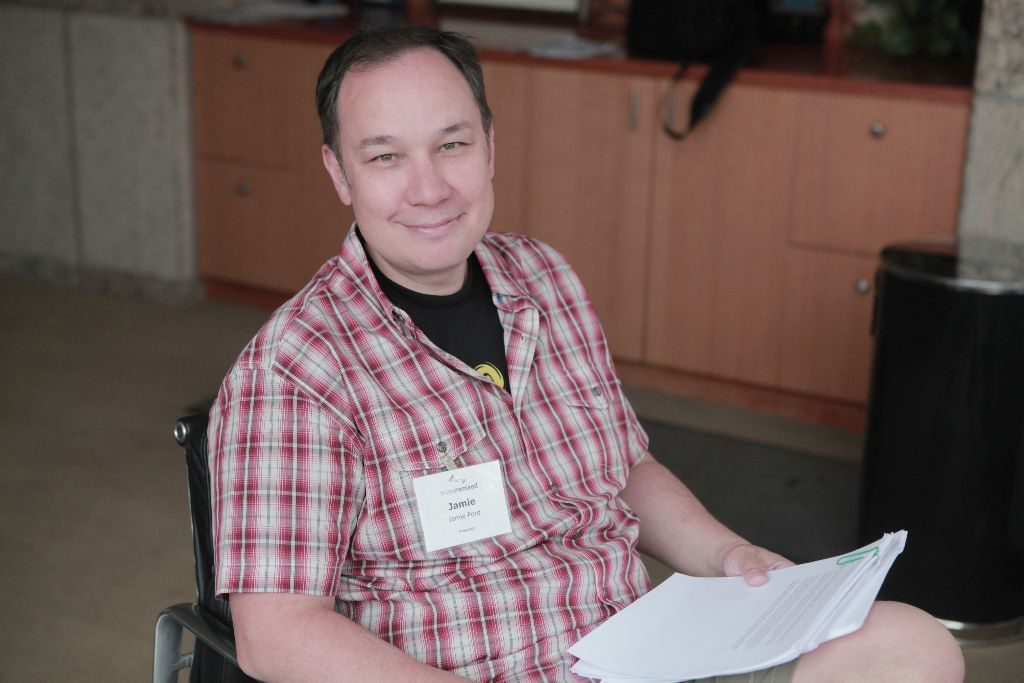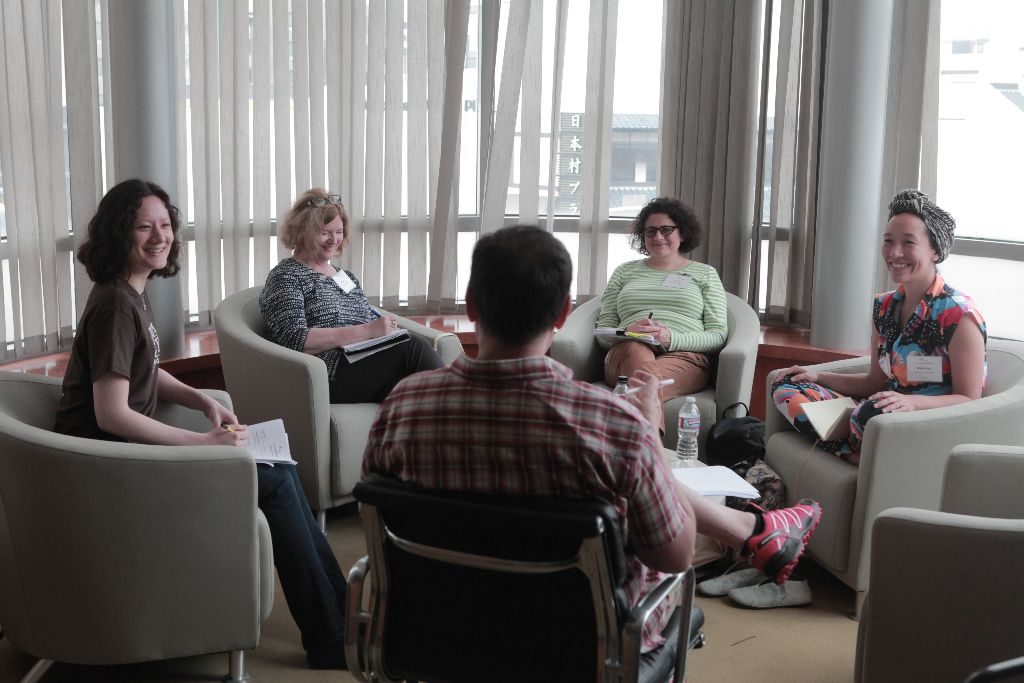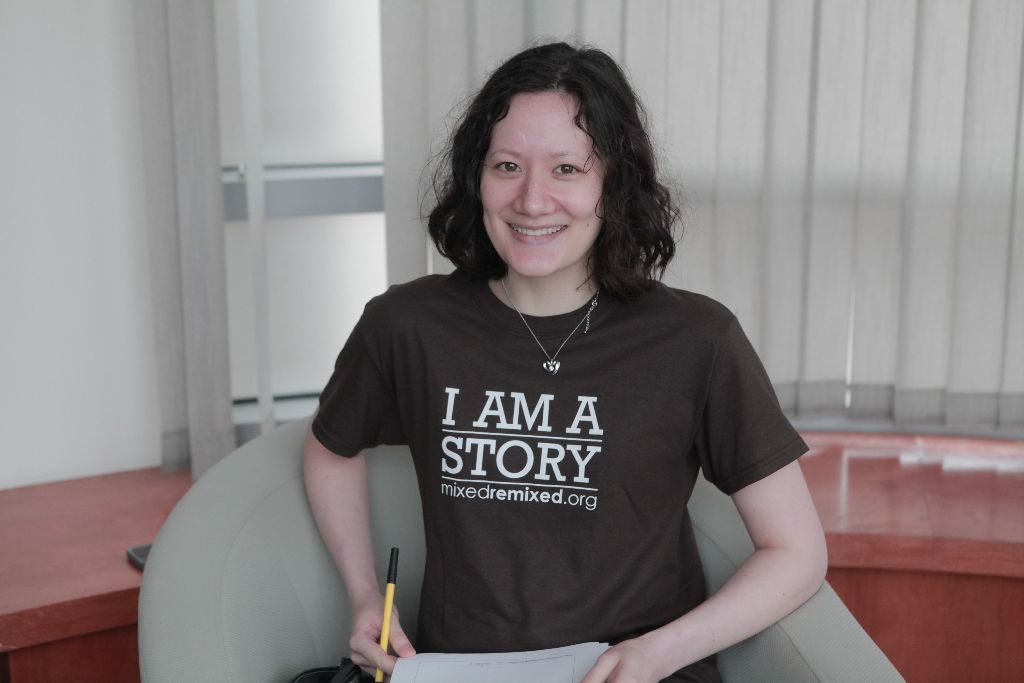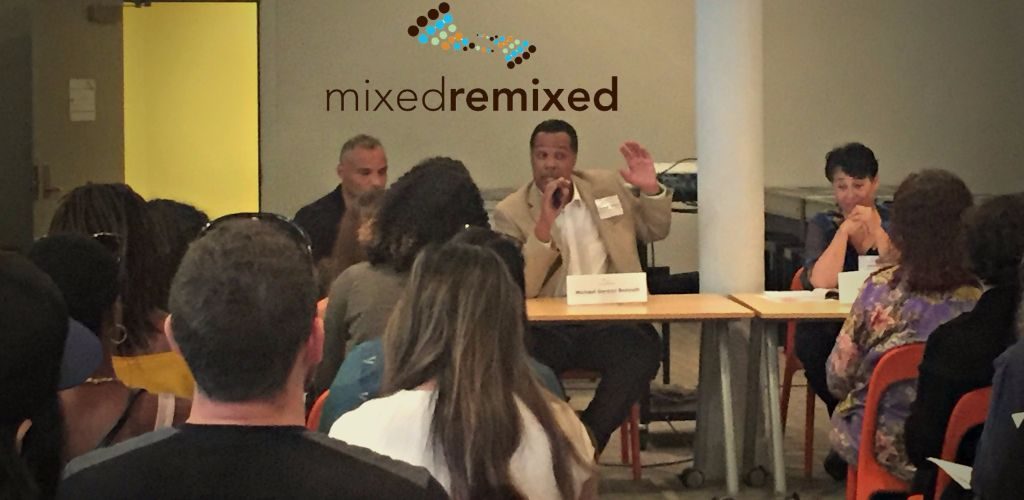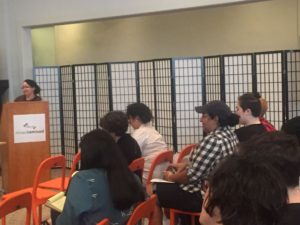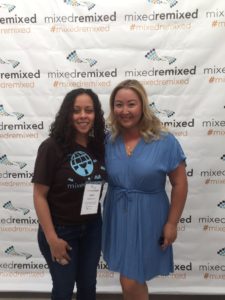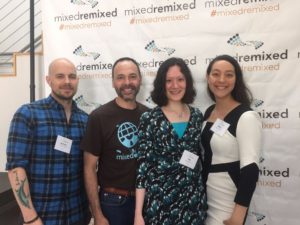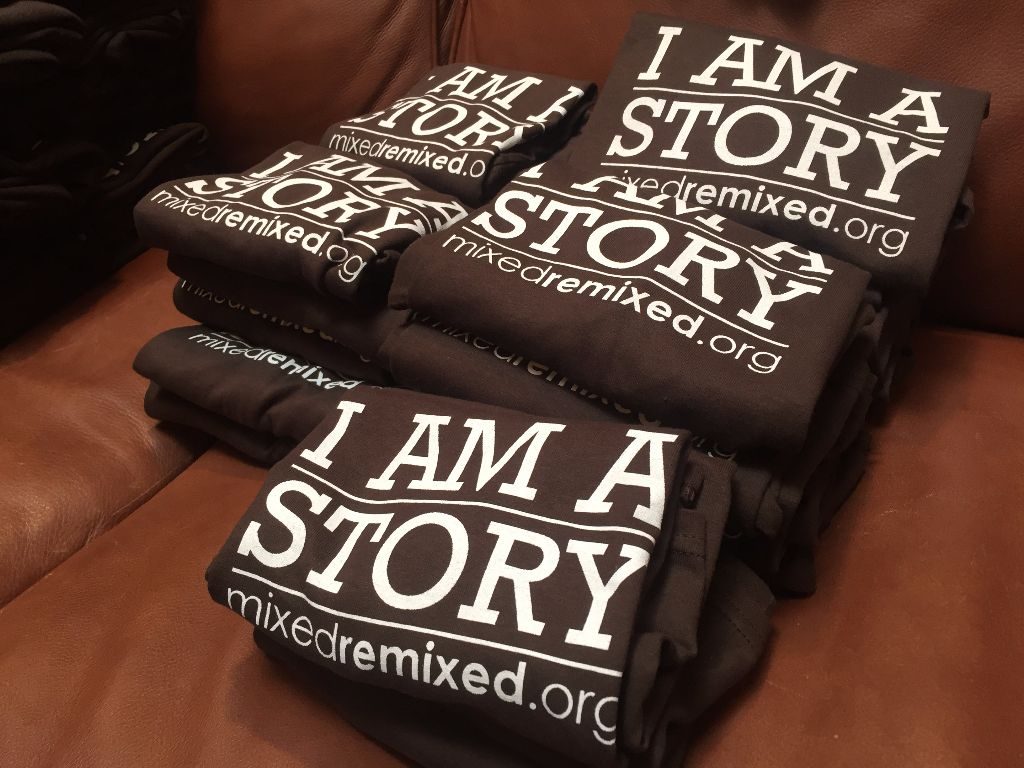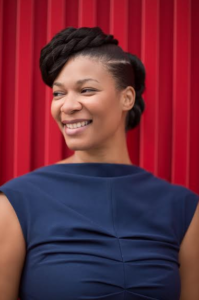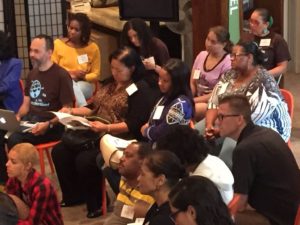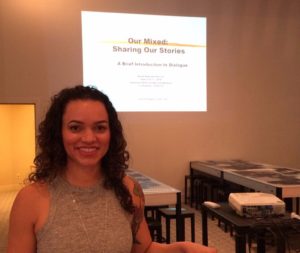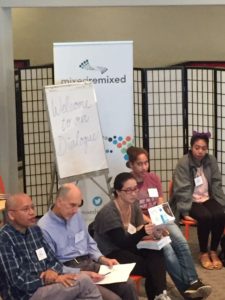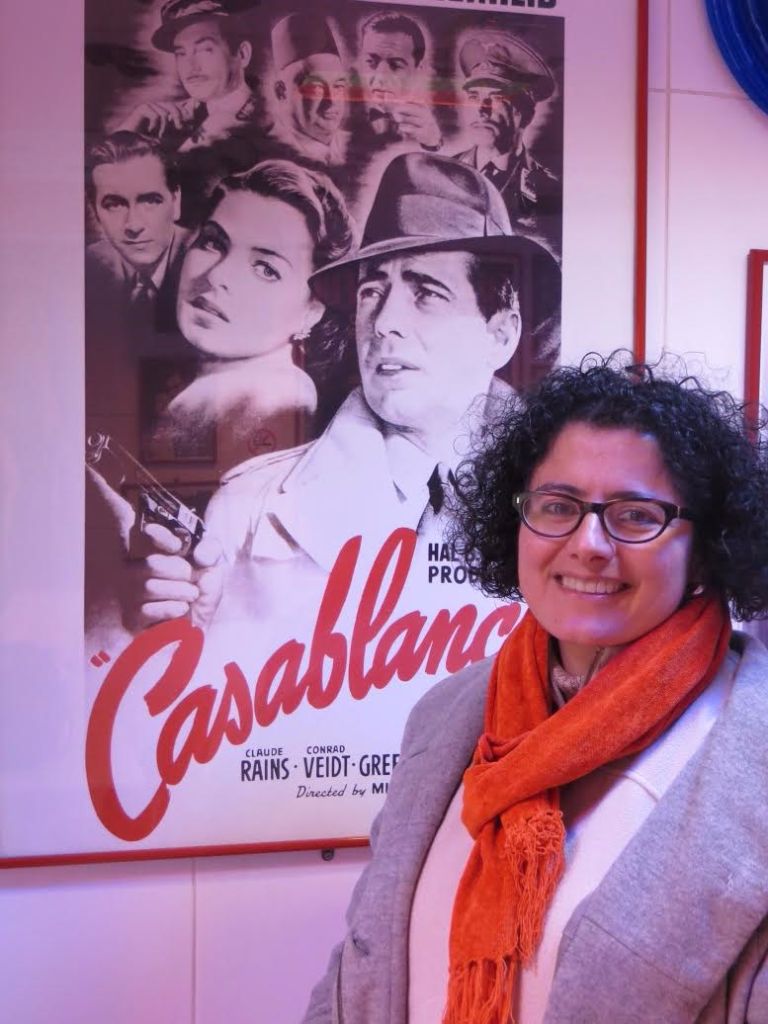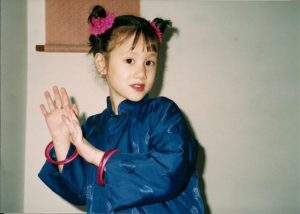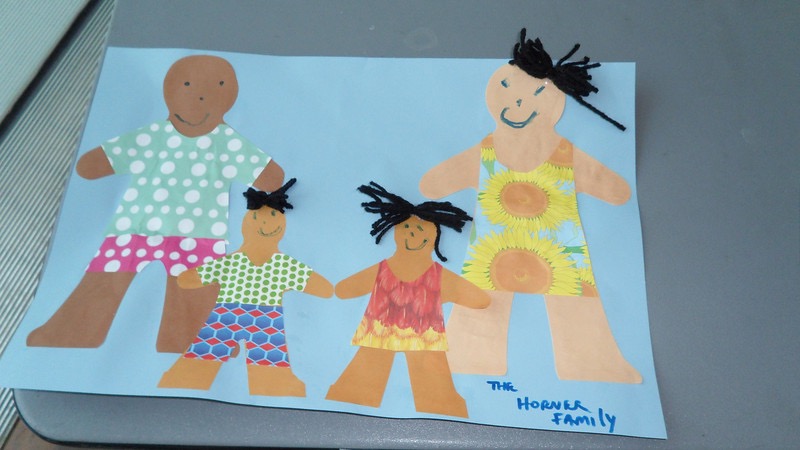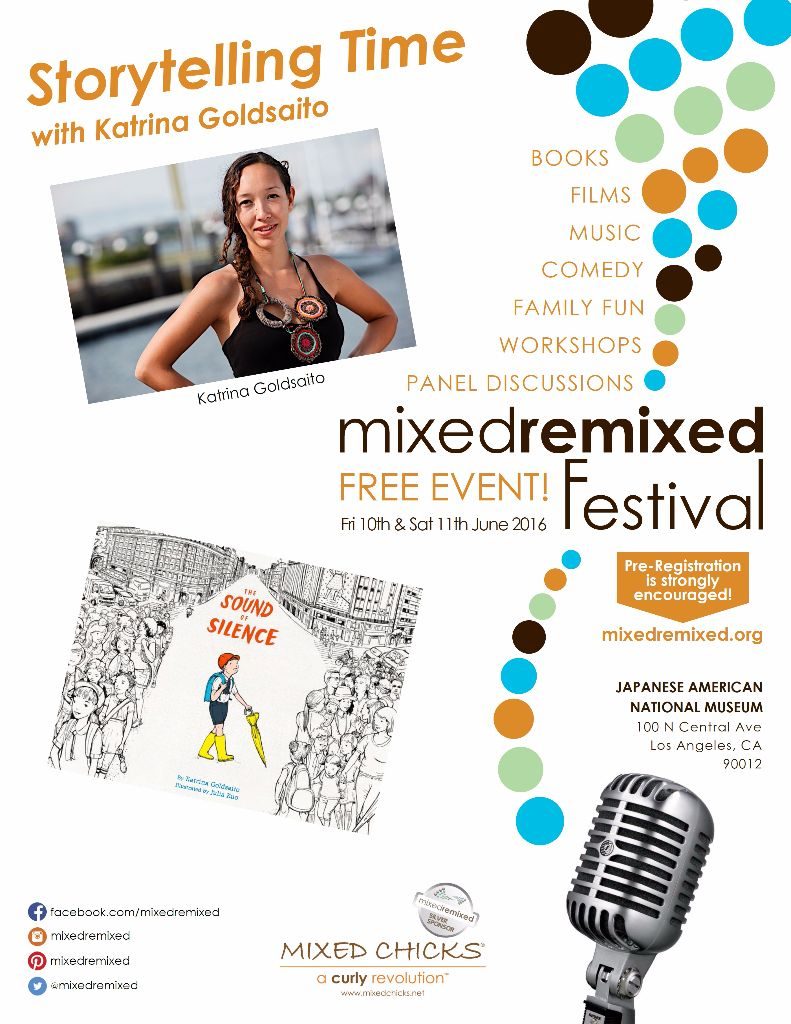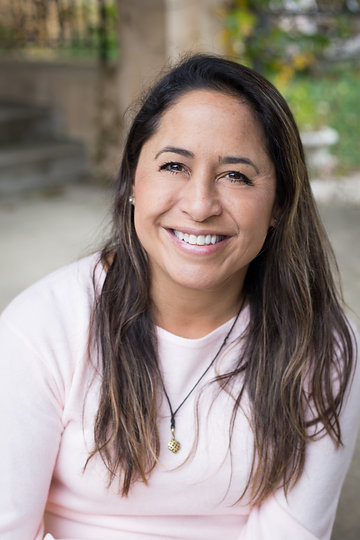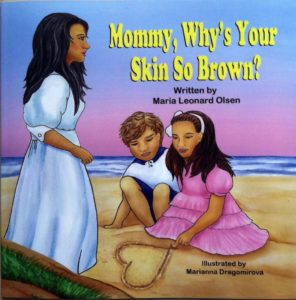Coupleships: The Dynamics of Interracial Relationships
Where: Yuki Family Board Room at the Japanese American National Museum in Los Angeles, CA
When: Saturday, June 11, 1:30pm–2:20pm
What: panel to discuss the intricacies of interracial relationships
Who: moderator Lance Tango and panelist leader Christelyn Karazin
This panel at the 2016 Mixed Remixed Festival explored the dynamics of mixed coupleships and also touched on topics related to being a parent in a mixed-family.
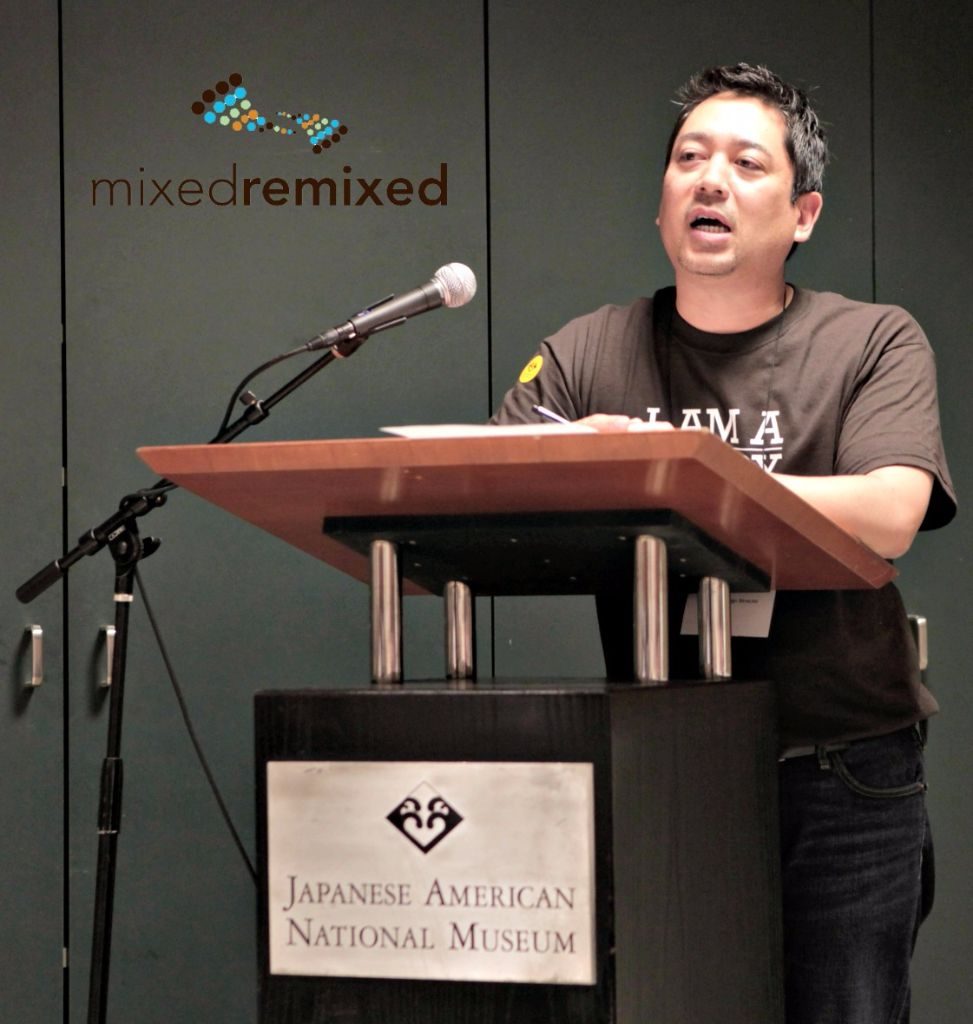 Many of us partaking in the Mixed Remixed Festival were the children (literally and/or figuratively) of an interracial relationship. Those of us who are of dating age have either thought about or been involved in these pairings ourselves.
Many of us partaking in the Mixed Remixed Festival were the children (literally and/or figuratively) of an interracial relationship. Those of us who are of dating age have either thought about or been involved in these pairings ourselves.
What does it mean to be in a “mixed” relationship? To hold different racial and cultural experiences than your partner? In this context, how do we view ourselves and each other, and how do other view us? Who judges whom, and why?
These are only the surface questions. Like most complex topics, mixed-race relations are layered. Therapist Lance Tango moderated a panel discussion on these dynamics. Heading the panel was Christelyn Karazin, author of Swirling: How to Date, Mate, and Relate Mixing Race, Culture, and Creed.
The Expectations of an Interracial Couple
We enter into any relationship, romantic or not, with expectations. Due to circumstance, previous experiences, or community-derived mentalities, we expect—we meet others with sandbags already tied to our ankles.
Of course, when discussing interracial relationships (I dislike this phrase; from here on out I’ll use “multicultural relationship”), we usually face conflicts of many kinds. There’s internal conflict. Or there’s familial conflict. Cultural conflict. Societal conflict. Each of these can stand alone, or they can mix for an uncomfortable cocktail.
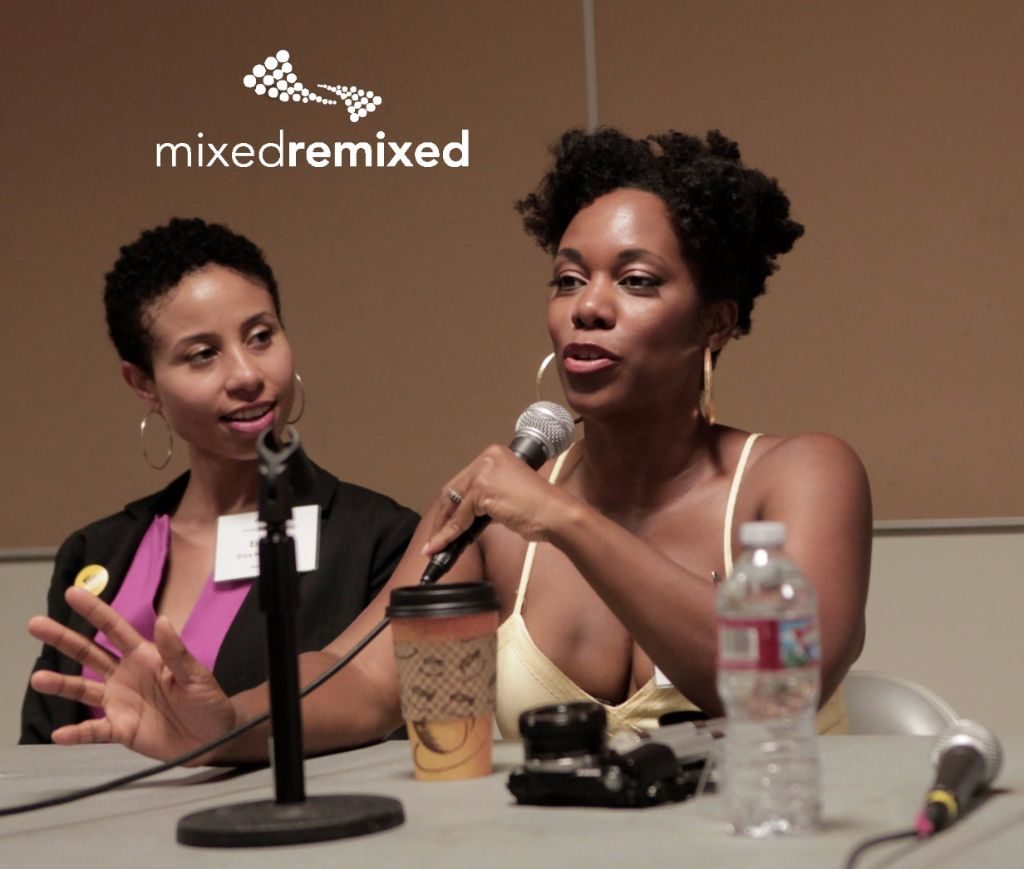 But let’s gloss over the easily imagined racist/bigoted/ignorant parent(s), etc. Family dynamics are often complicated in and of themselves. Judgments are flung like snowballs, and depending on your relationship with said relative, you brush off the flakes and ice, you crumple, or you throw your own. Yes, some families will still disown relatives for marrying “outside” the cultural tribe. Arguably, though, the problems we create ourselves are more interesting—they tend to blindside us.
But let’s gloss over the easily imagined racist/bigoted/ignorant parent(s), etc. Family dynamics are often complicated in and of themselves. Judgments are flung like snowballs, and depending on your relationship with said relative, you brush off the flakes and ice, you crumple, or you throw your own. Yes, some families will still disown relatives for marrying “outside” the cultural tribe. Arguably, though, the problems we create ourselves are more interesting—they tend to blindside us.
Christelyn summed this phenomenon up succinctly: “there’s often this internal conflict.” The internal struggle emerges from anxiety. And the anxiety? From a face-off between love and cultural expectations. For instance, upon reviewing Christelyn’s wedding album, her cousin noted that she’d worried about whether or not Christelyn was with her [white] husband for the “right” reasons.
And here we are. Reminded again of Loving v. Virginia, the Supreme Court case in which miscegenation was declared unlawful. (For those of you who’ve had the privilege of not knowing this word, the illness-inducing definition of “miscegenation” is “the interbreeding of people considered to be of different racial types.” Sorry if I made you lose your breakfast/lunch/dinner. Which word kills you most? For me, it’s “interbreeding.”)
But we’ve come so far, you say. Sure, but the road is long, and the bend continues ahead. A law case and nearly fifty years can’t undo centuries of internal and external strife. Misconceptions are passed down, generation to generation. Suspicions, stereotypes, prejudices. It’s hard to hold a civil dialogue about race when the other party is plugging its ears, shutting its eyes, and screaming its stance like a car alarm.
Also, as panelist Terry noted, “we impose some of those expectations ourselves. We need to separate the needs of our communities from our own.”
Racial and Gendered Norms In Interracial Relationships
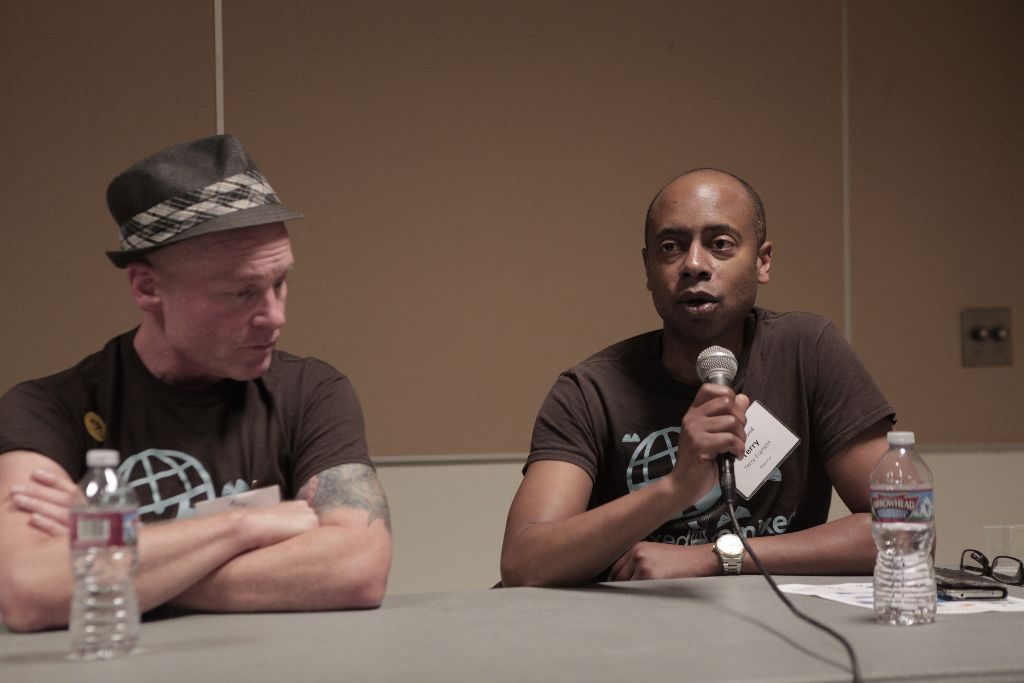 Out of this layered, Leaning Tower of Pisa–style cake, let’s select two layers. Race and gender. (I’d also add sexuality, but then I’d triple the size of this article. Stay, readers, stay.) For Eric Robinson, a relationship is like a home. You return home seeking “sanctuary.” Your partner is supposed to provide you with refuge, and you’re supposed to provide the same. An equal exchange. An exchange between equals.
Out of this layered, Leaning Tower of Pisa–style cake, let’s select two layers. Race and gender. (I’d also add sexuality, but then I’d triple the size of this article. Stay, readers, stay.) For Eric Robinson, a relationship is like a home. You return home seeking “sanctuary.” Your partner is supposed to provide you with refuge, and you’re supposed to provide the same. An equal exchange. An exchange between equals.
Fairy-tale romance aside, relationships—multicultural or not—require dialogue. Listening. Compromise. They can be rewarding, but they take work. Now let’s add outer pressures to the mix. That disagreement about the socks on the floor? Add the subtext derived from “because I married you, my mother thinks I’m a sellout.” The argument’s no longer about cleanliness and chores, is it?
There’s pressure to explain. Why’d you choose a black/white/Asian/Latin or Native American partner? Why’d you chose an outsider? Are we not good enough? Why are you complicating things? Don’t you realize that this person could be fetishizing/exploiting you?
For Christelyn, she felt pressure to “date black.” She felt that her community wanted her to ask for permission to “rewrite the Cinderella story.” Black men, she noted, weren’t questioned for dating who they desired and connected with. But black women were supposed to uphold “standards.”
What We Learn From Being Part of an Interracial Relationship
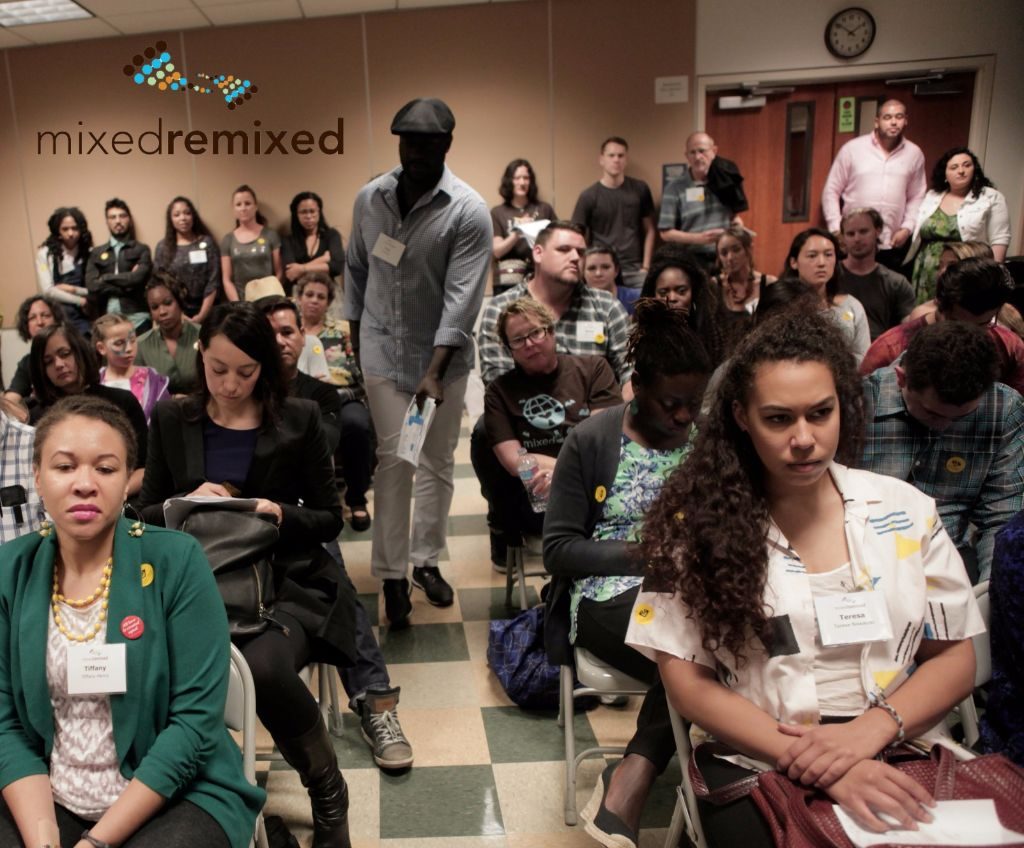 When we’re raised in a certain community, we’re inculcated with racial, cultural, sexual, and gendered norms. Parent to child. Community leader to community member. Media to consumer. We’re inundated. Sometimes a little self-awareness is all that’s needed to break the ties we don’t want to be bound by. Other times, the situation’s harder to escape from.
When we’re raised in a certain community, we’re inculcated with racial, cultural, sexual, and gendered norms. Parent to child. Community leader to community member. Media to consumer. We’re inundated. Sometimes a little self-awareness is all that’s needed to break the ties we don’t want to be bound by. Other times, the situation’s harder to escape from.
Toward the end of the panel discussion, Erica gave audience members some thought gems. “Real-life experiences of oppression lead to solidarity.” This solidarity complicates already-complex generational familial differences and multicultural relationships. However, the uplifting end note: “I don’t think the differences are insurmountable.”
The salve can be found in open-minded communication. So let’s all agree to ponder the prefix “inter” in the word “interaction.”-Joy Stoffers, Festival Blogger-in-Chief
This is one story in a series about the programs held at the Mixed Remixed Festival 2016. Please read through them all by searching our blog with “2016 Festival Re-Cap.”
